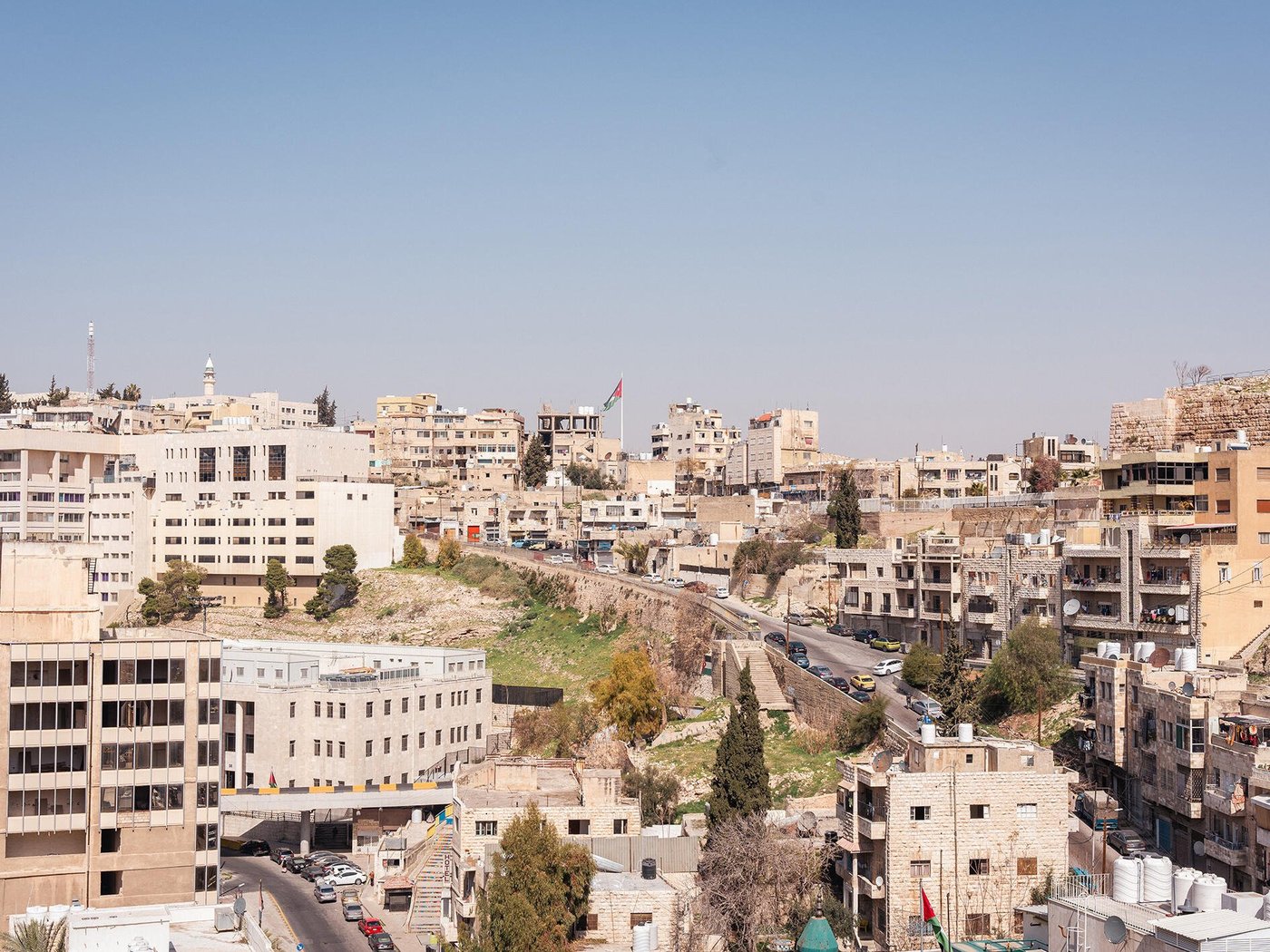Thousands of Syrian refugees living in Jordan are unable to go back to Syria because of legal, economic, and administrative barriers, a new Norwegian Refugee Council (NRC) report shows.
More than 152,000 Syrian refugees in Jordan have returned home since 8 December 2024. However, rising living costs, shrinking humanitarian assistance, and restrictive documentation policies in both Syria and Jordan are making voluntary, safe, and dignified returns increasingly difficult for many others.
A recent NRC survey reveals that initial optimism around return has begun to level out. While 40 per cent of the Syrian respondents in Jordan hoped to return one day, only 21 per cent said they intended to return, and 37 per cent said they did not plan to return at all.
“Many Syrians face arguably their most significant decision in over a decade: to return home or not,” said Amy Schmidt, NRC’s country director in Jordan. “That thinking process must be made with all information available for them to make a free, informed decision. Yet many families tell us they don’t know enough, cannot afford travel costs, or fear being turned away at the border.”
Refugees told NRC that economic constraints were among the principal reasons that people decide to postpone return. Debt, exacerbated by lack of jobs and cuts to food and shelter aid, has pushed more Syrians into poverty, limiting their ability to return.
93 per cent of working refugees do not have work permits, and new rules require them to pay retroactive fees to work legally, which can run to thousands of Jordanian dinars.
A Syrian mother living in the Jordanian capital Amman told NRC, "We face so many restrictions here. For example, my husband and son cannot work freely in any sector without expensive permits. If we stay in Jordan, we will just keep living in poverty, and no one wants that.”
Meanwhile, obtaining or updating civil documentation adds to the complex barriers to return. Refugees attempting to return without complete documentation also risk being turned back. A Syrian mother in Irbid, northern Jordan, recounted being stopped at the border because she had a pending file at the Syrian embassy.
“Jordan has been a generous host for Syrians fleeing death and destruction over the past 14 years. But international donors must help maintain conditions that allow refugees to live in dignity while supporting efforts to remove barriers to return. The international community cannot abandon Syrian refugees at this critical junction,” added Schmidt.
NRC’s survey showed that only 38 per cent of households who owned property in Syria had the formal papers to prove it, and just 35 per cent of Jordan-issued birth certificates had been ratified by Jordanian authorities. These gaps disproportionately affect women and children, exposing them to family separation, statelessness and long-term exclusion from rights and services.
NRC urges the Jordanian government to maintain the asylum space in Jordan, simplify the registration of births and marriages and regularise the status of undocumented families. Retroactive permit fees must be resolved so refugees can work and repay loans. Camp residents should also be allowed to take the caravans they have lived in during their displacement with them when they return.
NRC calls on the Syrian government to remove legal barriers to reclaiming property, reinstate the issuance of property-related powers of attorney and create transparent pathways for refugees to regularise their status and obtain missing documents.
The organisation also calls on donors to maintain funding for humanitarian assistance and legal aid in Jordan while expanding support for recovery and reintegration inside Syria. International cooperation is critical so that refugees are not forced to choose between life in poverty and an unsafe return.
Notes to editors
- NRC’s new report, Still on the Journey Home, can be downloaded here.
- Since 8 December 2024, 152,000 Syrian refugees registered with UNHCR in Jordan have returned to Syria. (UNHCR).
- There are around 462,000 registered Syrian refugees in Jordan. (UNHCR)
- NRC’s report draws on programmatic learning from NRC’s Information, Counselling and Legal Aid (ICLA) programme in Jordan, complemented by secondary data analysis, key informant interviews with NRC staff, and interviews and focus group discussions with Syrian refugees who approached NRC for return-related assistance.
- Findings include:
- One-third of surveyed households reported owning land or property in Syria, yet only 38 per cent held formal documents to prove it.
- 93 per cent of working refugees lack valid work permits and most households expect to rely on casual labour or humanitarian assistance in the next year.
- An NRC survey conducted of 1,070 Syrian respondents in Jordan between May and June 2025 showed that 40 per cent hoped to return one day, only 21 per cent said they intended to return, and 37 per cent said they did not plan to return at all. Among those who said they intended to return, 44 per cent said they would do so within 12 months, but 46 per cent remained undecided about the timing.
- As of 22 September 2025, the Regional Refugee Response plan for Syria for 2025 was only 10 per cent funded (Refugee Funding Tracker)
For more information or to arrange an interview, please contact:
- NRC global media hotline: media@nrc.no, +47 905 62 329
- Ahmed Bayram, media advisor adviser: ahmed.bayram@nrc.no, +962 790 160 147


